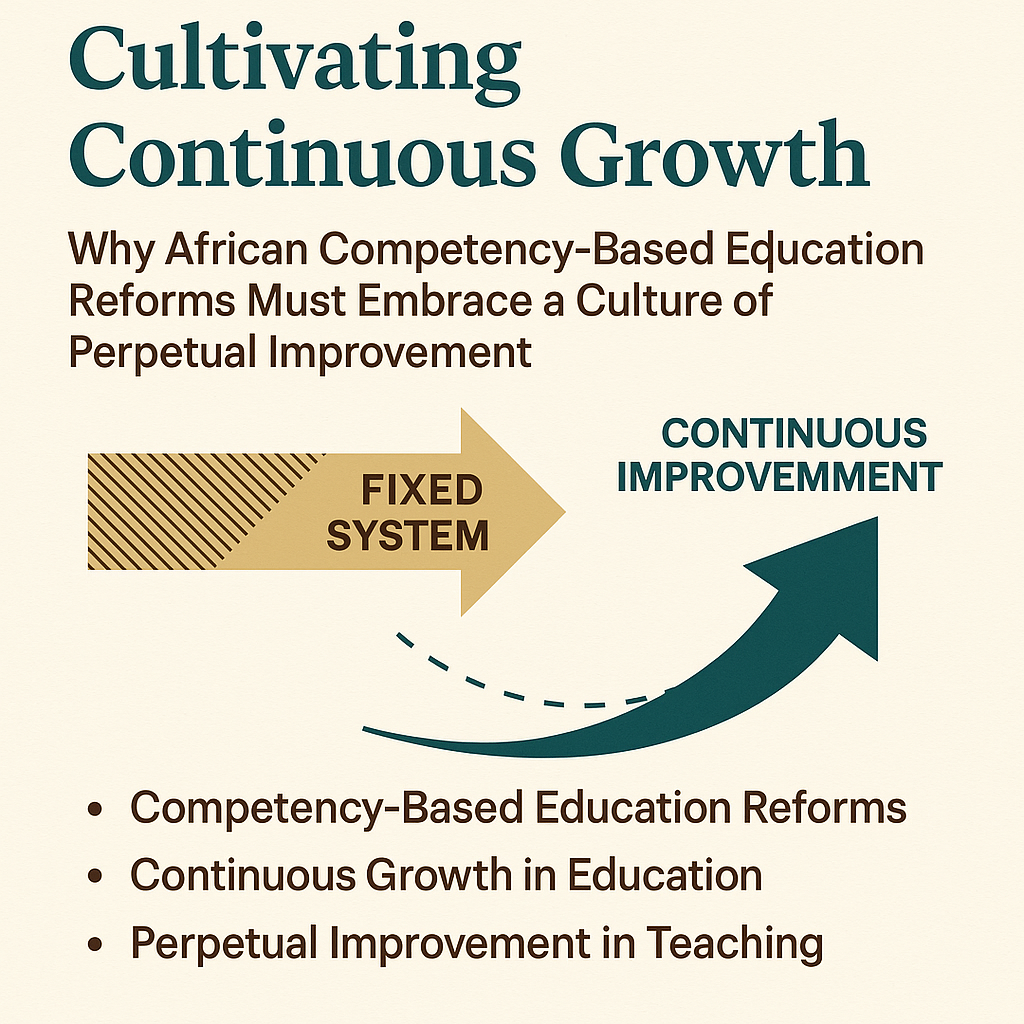
Introduction
The journey of becoming an effective educator is both challenging and rewarding. For new teachers, the transition from theory to practice can be particularly daunting. This is where mentorship programs play a crucial role. Mentorship in teacher development is not merely about imparting knowledge; it’s about fostering growth, building confidence, and ensuring the sustainability of educational excellence. This blog explores the benefits of mentorship programs for new teachers and how experienced educators can provide invaluable guidance and support.
The Importance of Mentorship in Education
Bridging the Gap Between Theory and Practice
New teachers often enter the profession equipped with theoretical knowledge but may lack practical experience. Mentorship programs help bridge this gap by providing real-world insights and practical teaching strategies. Experienced mentors can offer new teachers a deeper understanding of classroom dynamics, effective classroom management techniques, and the application of pedagogical theories in everyday teaching scenarios.
Enhancing Professional Growth
Mentorship is a continuous learning process. It encourages new teachers to reflect on their teaching practices, set professional goals, and strive for improvement. Through regular feedback and constructive criticism, mentors help new teachers identify their strengths and areas for development, fostering a culture of continuous professional growth.
Building Confidence and Reducing Burnout
The first few years of teaching can be overwhelming, leading to stress and burnout. A supportive mentorship program provides new teachers with a safe space to express their concerns and seek advice. This support system not only boosts their confidence but also helps them develop resilience, reducing the risk of burnout and increasing job satisfaction.
Benefits of Mentorship Programs for New Teachers
Personalized Support and Guidance
Mentorship programs offer personalized support tailored to the individual needs of new teachers. This one-on-one interaction allows mentors to address specific challenges and provide targeted advice, making the learning experience more relevant and impactful.
Networking and Professional Relationships
Mentorship programs create opportunities for new teachers to build professional relationships and expand their networks. These connections can lead to collaborative opportunities, resource sharing, and a sense of belonging within the educational community.
Encouraging Reflective Practice
Mentors encourage new teachers to engage in reflective practice, which involves analyzing their teaching methods and outcomes. This reflective approach promotes self-awareness and helps new teachers develop a deeper understanding of their teaching style and its impact on student learning.
The Role of Experienced Educators in Mentorship
Providing Emotional and Moral Support
Experienced educators play a pivotal role in offering emotional and moral support to new teachers. By sharing their own experiences and challenges, mentors can help new teachers navigate the complexities of the profession with empathy and understanding.
Offering Practical Teaching Strategies
Mentors provide practical teaching strategies that are grounded in experience. These strategies can range from classroom management techniques to innovative instructional methods, helping new teachers enhance their teaching effectiveness and student engagement.
Modeling Professional Behavior
Experienced educators serve as role models, demonstrating professional behavior and ethical standards. Through their actions and attitudes, mentors inspire new teachers to uphold the highest standards of professionalism and integrity in their teaching practice.
Conclusion
Mentorship programs are essential for the development of new teachers, offering a myriad of benefits that extend beyond the classroom. By providing personalized support, fostering professional growth, and building confidence, mentorship programs ensure that new teachers are well-equipped to face the challenges of the profession. Experienced educators, through their guidance and support, play a vital role in nurturing the next generation of teachers, contributing to the overall improvement of educational standards. Investing in mentorship programs is not only an investment in individual teachers but also in the future of education as a whole.
In the context of the Competency Based Curriculum (CBC) in Kenya, where the focus is on developing critical skills and competencies, mentorship becomes even more crucial. It ensures that teachers are not only well-versed in the curriculum but are also capable of delivering it effectively, thereby contributing to the holistic development of students.


